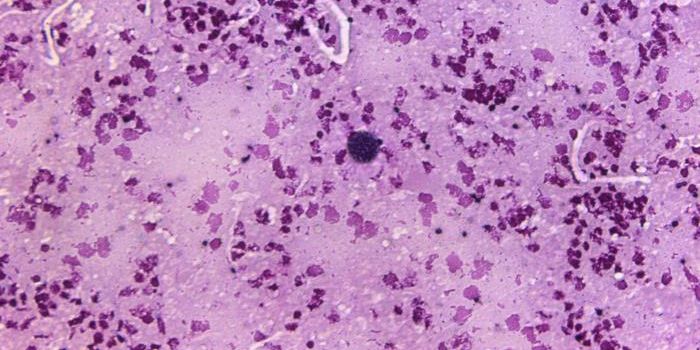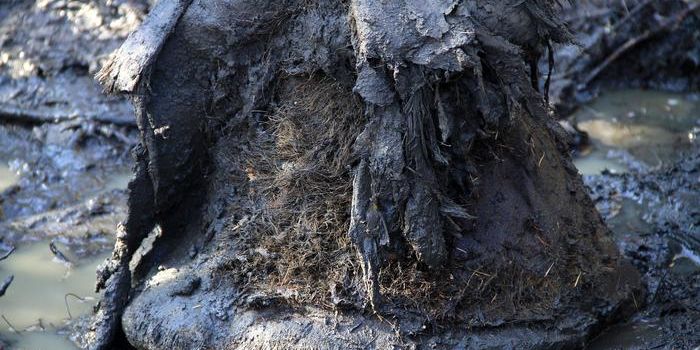Cyclospora to Blame for Several Foodborne Outbreaks
An outbreak of cyclosporiasis, which is caused by a parasite, has been traced back to salads sold at McDonald’s, mostly in the Midwest. This is the second recent outbreak in the Midwest after one in May and June that was caused by contaminated vegetable trays from Del Monte. There has also been concern about an outbreak in Texas - the source of the infections there is still unknown.
Both Del Monte and McDonald's moved to stop the spread of the illness, and McDonald’s decided to switch to a new lettuce distributor. You can learn more about how McDonald’s has responded from the video.
While many Americans would associate parasitic infections with far-away places, such outbreaks are not uncommon. In 2017, cyclosporiasis was found in 1,065 people, and 56 percent of them had not traveled internationally. The source of the infection may still originate outside of the United States, however.
“The Midwest is hit with cyclospora outbreaks every summer, which seems to be connected with produce distribution channels,” Paul Cieslak, M.D., medical director of Communicable Diseases at the Oregon Health Authority told Consumer Reports. Cieslak added that imported produce often spreads cyclospora parasites.
A tiny organism that is only one cell, cyclospora is spread only through human feces. While this protozoan causes awful diarrhea, it is rarely fatal. Unfortunately, getting over the illness can take a very long time. During that period, a patient has to deal with symptoms including appetite loss, stomach cramps, fatigue, and sometimes explosive diarrhea.
“What’s remarkable about cyclospora is that the diarrhea can be so intense for so long,” said Cieslak. “With E. coli [a bacterium] it’s usually over in a matter of three to five days, but this can last for weeks and weeks.”
It takes longer for the symptoms of the infection to show up as well - cyclospora has a longer incubation period. If you think you have the symptoms, see a doctor and mention the foods you’ve eaten. Antibiotics can be useful in treating the illness.
You should always be cautious to avoid cross-contamination when preparing food and thoroughly wash your hands, food prep surfaces, and fruits and vegetables. Unfortunately, however, washing produce is not always going to effectively remove cyclospora. Those traveling to tropical countries should avoid drinking unfiltered water and be cautious about raw produce.
Learn more about the Texas outbreak from the following video.
Sources: CDC, Consumer Reports









